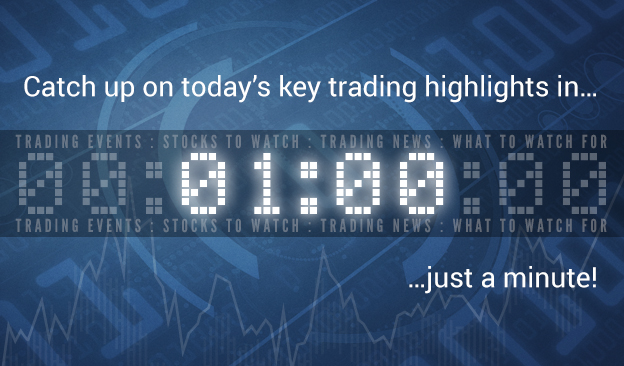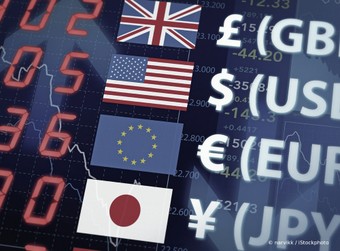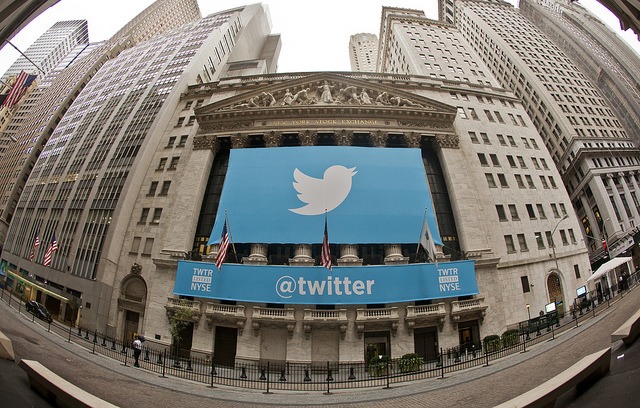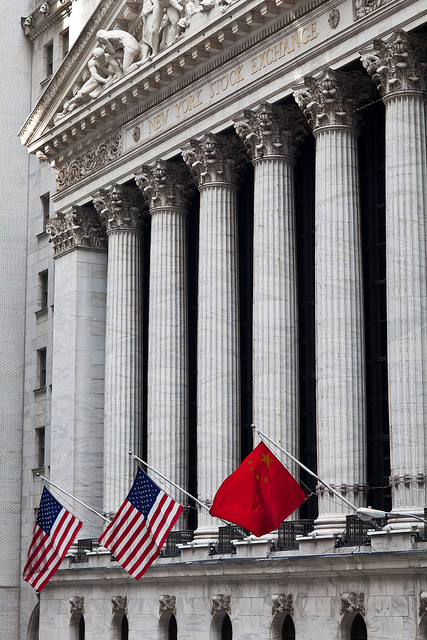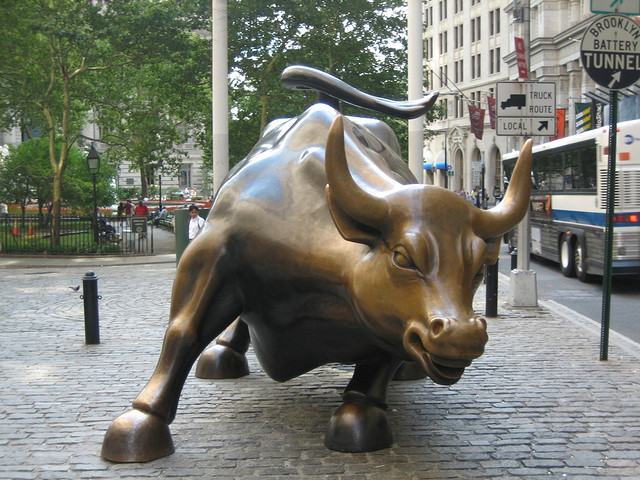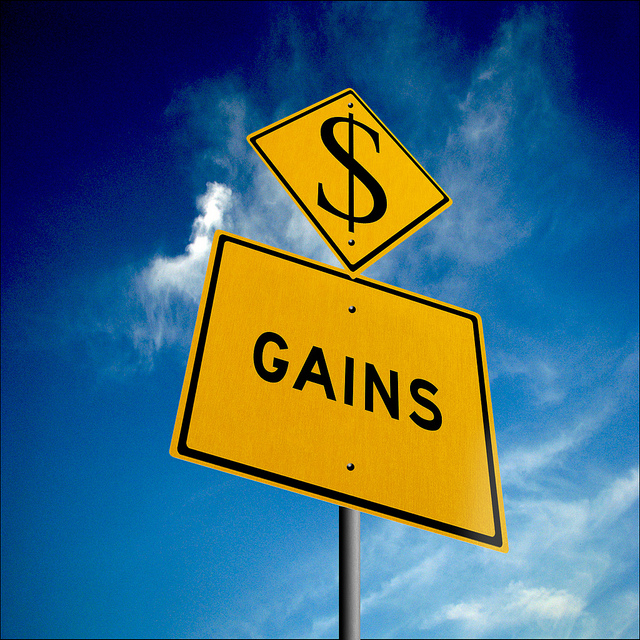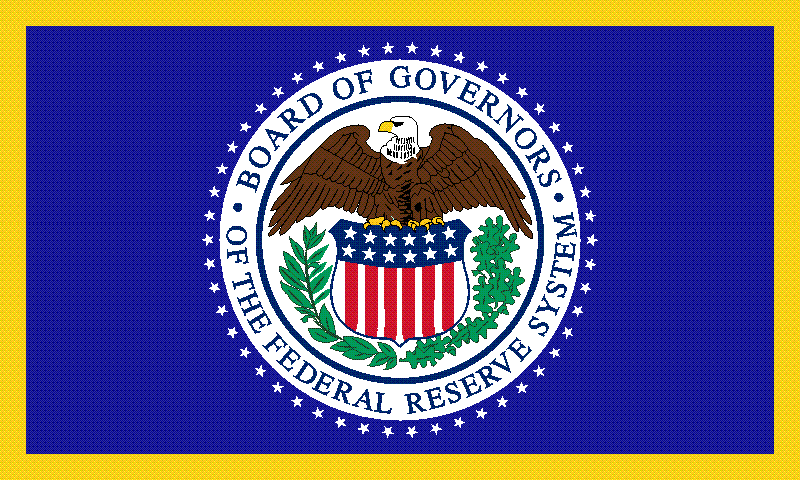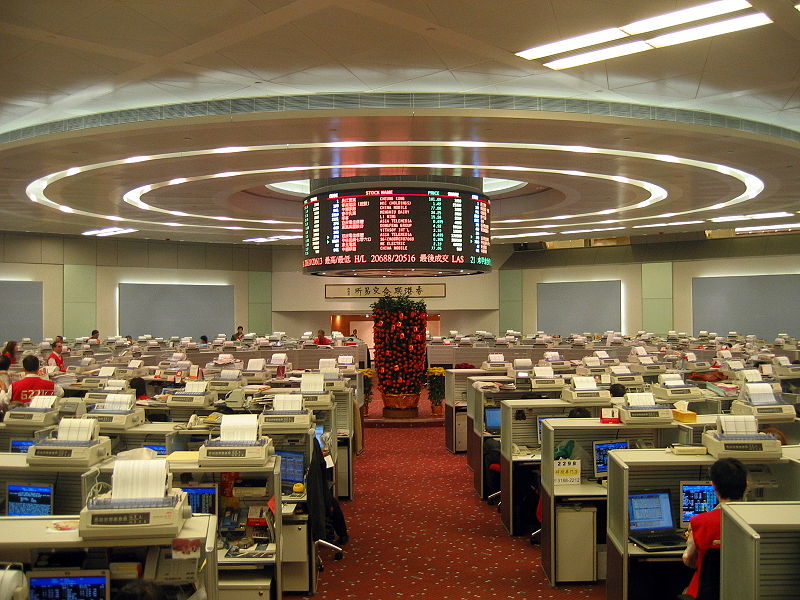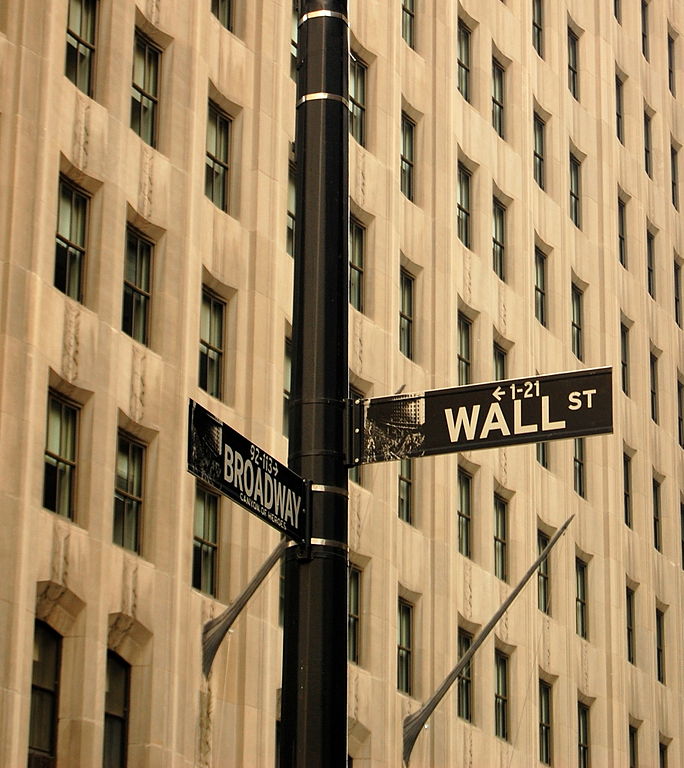Here’s today’s ‘Just A Minute’ bringing you a 60 second summary of what’s happening in the markets:
Main Trading Event Of The Day: USD JOLTS Job Openings @ 14.00 GMT
WHAT WE’RE WATCHING TODAY
Signs Of A Global Recovery But Economy Going Nowhere Says Top Forecaster
Companies across the globe are increasingly confident about the economic recovery and their own finances for the coming quarter, which shows more countries are planning to increase their staffing in almost six years, according to a survey. The quarterly employment outlook survey by Manpower Group showed that companies in 38 out 42 countries indicated plans to hire more workers in the second quarter, the largest number since the third quarter of 2008. The mildly positive tone of the quarterly survey suggests the global economic recovery will continue with higher rates of employment helping to boost business output and consumer spending. The second-quarter survey results don’t exactly point to a turnaround in Europe, but there are several indications that employer optimism is gradually improving.
While the Federal Reserve, the White House and many private-sector economists support these predictions for stronger growth in 2014, one of the most accurate forecasters in the business, Stephen Stanley, chief economist for Pierpont Securities, disagrees saying that he doesn’t see the impetus for 3% growth. He believes the economy will be satisfactory, with growth in the 2% to 2.5% range, but below the 2.7% to 3.3% expected by the Fed, the White House, the Congressional Budget Office and private forecasters. The recent spate of unseasonably cold and snowy weather has upset the usual tools for forecasting the near-term trajectory of the economy. There’s no doubt that many of the economic indicators of job growth, factory production, retail sales and housing have been massively distorted by the effects of the weather but we are unlikely to really know what the underlying strength of the economy is until the April and May data come in. Stanley is also skeptical that the relaxation in fiscal policy this year will have any meaningful impact on growth or give any support to the economy.
Oil Prices Drop After Data From China & Japan Show Weak Trade
The price of oil fell below $102 on Monday after an unexpected drop in China’s exports and weaker economic growth in Japan showed demand for crude could weaken. Benchmark U.S. crude for April delivery was down $1.18 to $101.40 per barrel. On Friday, the contract rose $1.02 to close at $102.58 after strong U.S. employment figures for February. Brent crude was down 90 cents to $108.11. China’s customs data showed over the weekend that exports plunged by an unexpectedly large 18 per cent last month. Robust trade is crucial in helping China achieve its official economic growth target of 7.5 per cent for this year. However, exports in February last year might have been overstated by exporters inflating sales figures as an excuse to evade currency controls and bring extra money into China. Japan revised down its growth estimate for the final three months of last year after announcing a record current account deficit for January. Oil prices surged last week due to severe winter in the U.S. that raised demand for oil and tensions over Russia/Ukraine political situation.
Stocks Update: Facebook, Rio Tinto
Facebook shares have jumped 32 percent so far this year, compared with a 1.6 percent gain for the Standard & Poor’s 500 Index. The surge has left the 49 analysts who cover Facebook divided. 38 of them recommend the company with the equivalent of a buy rating but 21 of the total now have share-price targets below where Facebook is trading. That translates to an average 12-month price target of $72.46 for Facebook, less than 1 percent above the company’s closing price of $72.03 yesterday. With the stock advancing more rapidly than anticipated, the price targets suggest that analysts on average see little upside to the stock which may force some of the bulls to adjust their projections. Facebook’s rally to $72.03 a share has already left it trading at 122 times trailing 12-month earnings, making it more expensive than 98 percent of all companies in the S&P 500.
Meanwhile, Rio Tinto Group, the world’s second-biggest iron ore shipper, said short-term price fluctuations will continue after a credit squeeze in China and high stockpiles plunged the commodity into a bear market. Proof of short-term volatility is being seen this week whilst the market is continuing to see an attractive longer term demand for iron ore, driven particularly by China. Iron ore this week extended its decline, slumping by the most since August 2009, amid concern that demand in China is slowing just as rising output signals a global glut. The Chinese government’s credit squeeze and high stockpiles are driving the rapid change of sentiment.
That sums up today’s highlights! Keep in touch with all the latest market events via our Facebook, Google+, Twitter & LinkedIn pages. We hope you have a profitable day on the markets.

